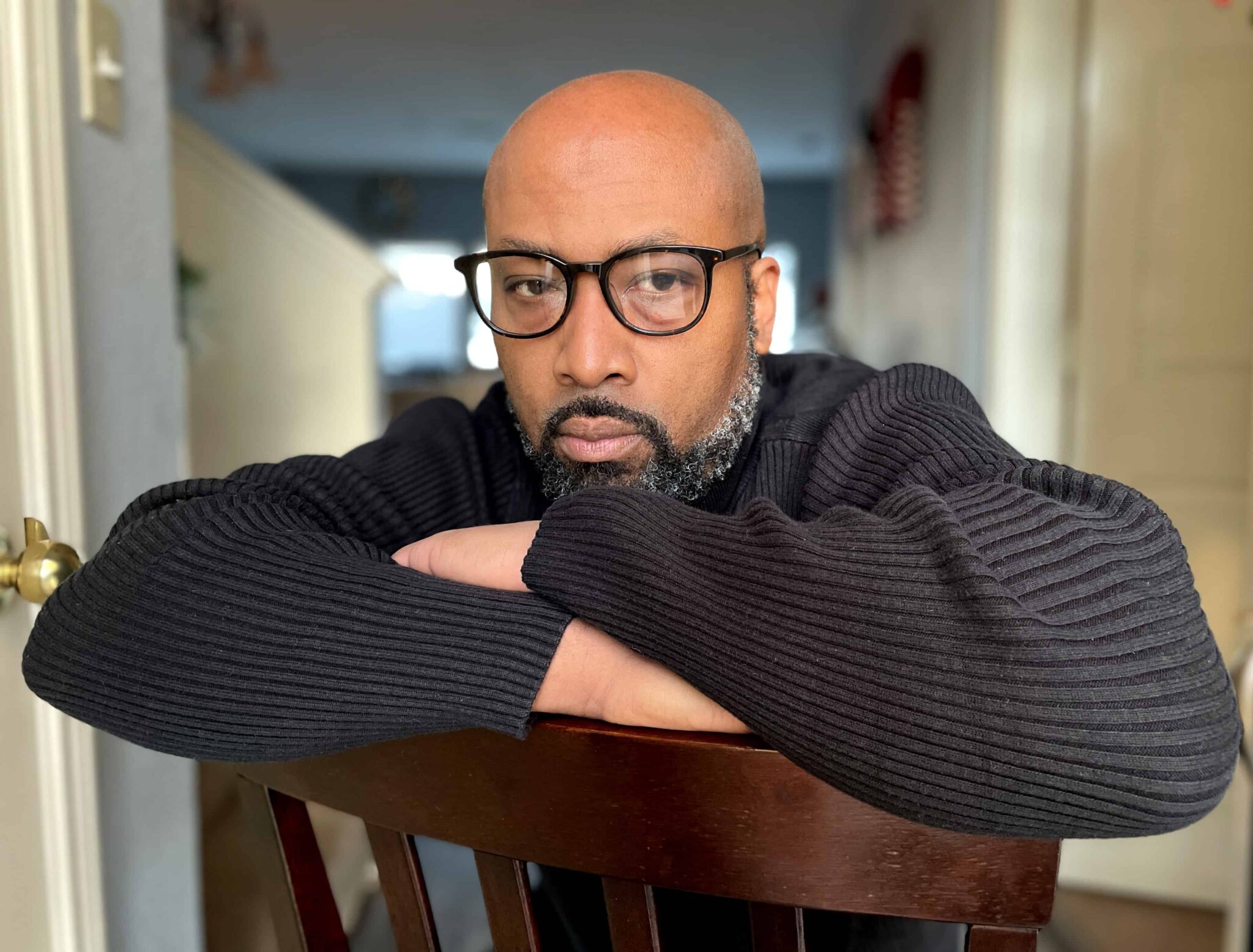The history of country music is deeply intertwined with Black musical traditions.
Black artists have left an undeniable mark on the genre from the early string bands of the American South to modern chart-toppers.
Charley Patton

Hailing from Mississippi, Patton is considered a giant of the Delta blues.
His powerful vocals, fingerpicking guitar style, and raw storytelling influenced countless country and blues musicians, including Son House and Robert Johnson.
Patton’s music blurred the lines between genres, incorporating elements of ragtime, field hollers, and early country.
The Memphis Jug Band

The Memphis Jug Band achieved significant commercial success in the 1920s and 30s.
Their music, a lively mix of blues, ragtime, and jug instrumentation, influenced early country music and helped popularize the jug band sound across America.
DeFord Bailey

Nicknamed “The Harmonica Wizard,” Bailey was a pivotal figure in country music history.
He became the first African American performer on the Grand Ole Opry stage in 1927, a major milestone that challenged racial barriers in the genre.
Bailey’s virtuosic harmonica playing captivated audiences and inspired countless country musicians.
Linda Martell

Born Thelma Bynem in 1941 and raised in South Carolina, Martell was surrounded by music. Exposed to country, gospel, and R&B, she developed a unique style that blended these influences.
Martell’s big break came in the late 1960s when she signed with Plantation Records.
Her debut single, “Color Him Father,” became a surprise hit, reaching No. 22 on the Billboard Hot Country Singles chart in 1969. This achievement made Martell the first commercially successful Black female artist in country music history.
She subsequently released her only studio album, “Color Me Country,” showcasing her soulful vocals and heartfelt storytelling.
Martell also made history with her Grand Ole Opry debut in 1969, becoming the first Black woman to perform on that prestigious stage.
Charley Pride

Born in Mississippi in 1934, Pride rose to superstardom in the 1960s and 70s, becoming country music’s first Black superstar.
Despite facing immense racial prejudice, Pride persevered, captivating audiences with his smooth baritone and relatable storytelling.
Over his career, Pride racked up an impressive list of accolades, including multiple Grammy Awards, a CMA Entertainer of the Year Award, and induction into the Country Music Hall of Fame.
His signature hits like “Kiss an Angel Good Mornin'” and “I’m So Afraid of Losing You Again” resonate with country fans today.
Pride’s legacy extends far beyond his music. He shattered racial barriers and paved the way for future generations of Black artists in country music.
The Legacy Continues
These are just a few of the many Black artists who have shaped the sound and soul of country music. Their stories are a testament to resilience, innovation, and the power of music to transcend racial boundaries.
Modern artists such as Darius Rucker, Rhiannon Giddens, and Mickey Guyton continue to challenge the status quo and pave the way for a more inclusive country music scene.

Frederick J. Goodall is the Editor-in-Chief of Mocha Man Style, media spokesperson, event host, photographer, and a top social media influencer in Houston, TX. He likes to write about fashion, cars, travel, and health.

